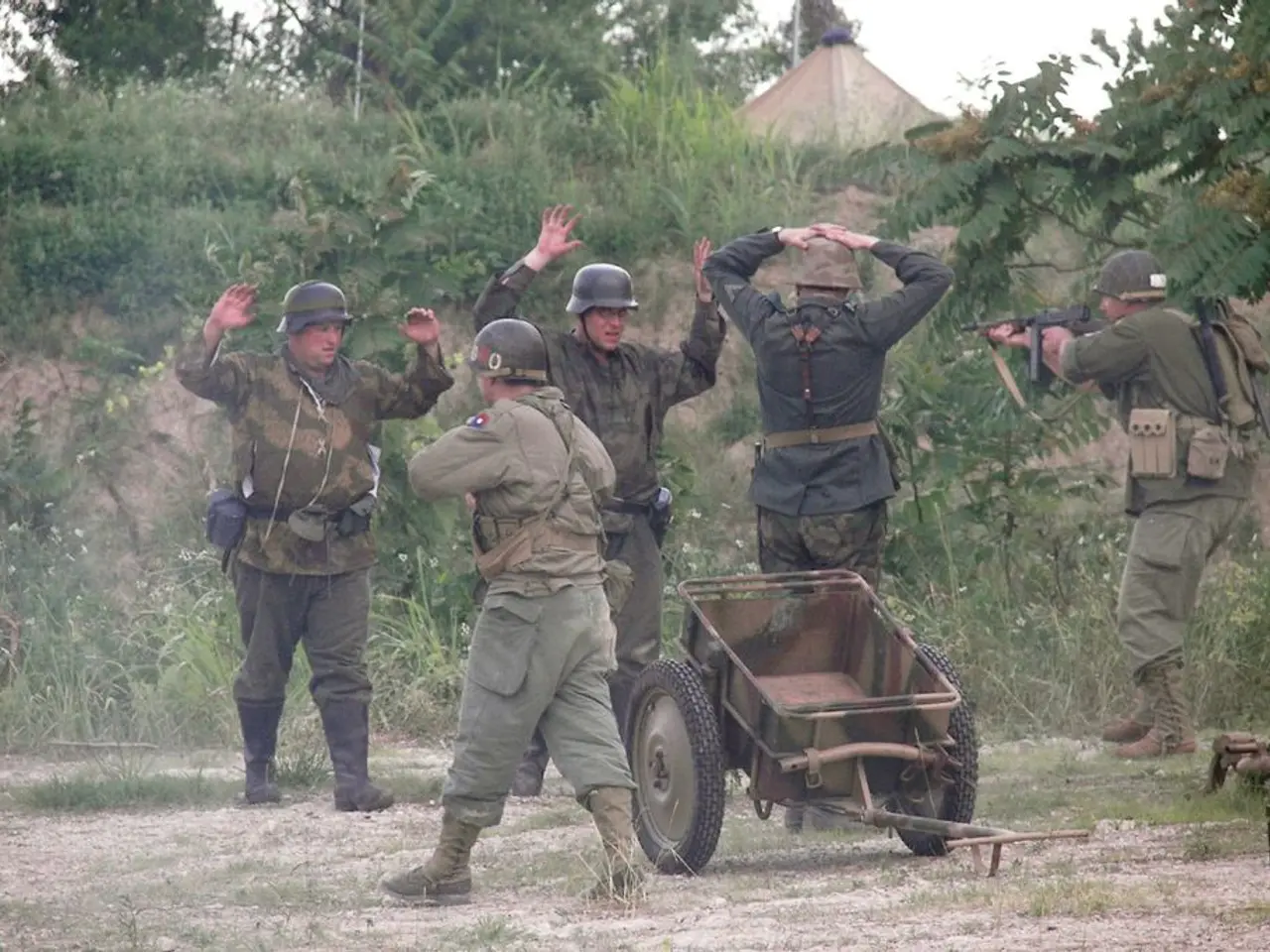Exploring Vietnam: Insider Tips and Guidance for Backpackers
Vietnam, often referred to as the "land of the ascending dragon," is a captivating destination that welcomes visitors from around the world. However, for those holding passports other than member countries of the Association of Southeast Asian Nations (ASEAN), a visa is required to enter the country.
As of the latest information available up to 2024 and early 2025, UK citizens enjoy a visa exemption policy when traveling to Vietnam. This policy allows UK citizens to enter Vietnam without needing a visa for visits of up to 15 days, provided they meet certain conditions such as having a valid passport with at least six months' validity and proof of onward travel.
For stays longer than 15 days or for purposes other than tourism, UK citizens must apply for a visa. Vietnam offers various types of visas, including e-visas and visa on arrival, which can be obtained through online applications or upon arrival at select airports.
It is important to note that visa policies can change, and it is advisable to check the latest information from official Vietnamese government sources or consult with the Vietnamese embassy or consulate before traveling.
When it comes to navigating Vietnam, the country has three different weather systems. In North Vietnam (Hanoi, Halong Bay, Ninh Binh), the winter is cool and dry, while the summer is hot and humid with the highest rainfall. In Central Vietnam (Hue, Hoi An, Danang), the weather is hot and dry from mid-January to late August, and October to November is typhoon season. In the Mountainous Far North (Sapa), the rainy season is from April to September, and the dry season is from October to late March. December and January can get very cold. In South Vietnam (Ho Chi Minh, Mekong Delta, Phu Quoc), temperatures remain relatively constant throughout the year, with the dry season running from November to April/May.
For those planning to travel around Vietnam, a World Adapter with USB from SKROSS is recommended, as it includes multiple plug styles. The most common electricity voltage in Vietnam is 220V, 50 cycles. Plug types A, C, and G are in use throughout the country, with Type C being the most common.
While in Vietnam, tips aren't expected but will be appreciated. A rough guide for tipping is: hotels - not expected but appreciated for cleaning staff; restaurants - not expected but 5% to 10% for good service; guides - a few dollars per day; taxis - round up or leave small change, particularly at night; bars - not expected.
During the Vietnamese New Year's festival of Tet, transport and hotels can be sold out weeks in advance, prices rise, and it seems the whole country is on the move. The date varies depending on the lunar calendar but generally falls in February or the end of January.
In conclusion, Vietnam offers a rich and diverse travel experience, and with a little planning, visitors can navigate its unique visa requirements, weather patterns, and cultural customs. Whether you're exploring the bustling streets of Hanoi, the serene beauty of Halong Bay, or the historic sites of Hoi An, Vietnam promises an unforgettable journey.
- To get the best experience from Vietnam's rich culture and destinations, it's advisable to research travel tips and local customs beforehand.
- When it comes to accommodations, you'll find a variety of hotels catering to different budgets and preferences, offering a unique blend of traditional Vietnamese interior-design and modern comforts.
- For those who love outdoor-living, Vietnam's beautiful landscapes provide ample opportunities for hiking, cycling, and exploring.
- Global cuisines are well-represented in Vietnam, with street food stalls offering delicious and authentic local dishes, as well as dining options showcasing international fare.
- For those who enjoy cooking, learning a few traditional Vietnamese recipes will enhance your culinary lifestyle during your stay.
- When it comes to transport, consider the different weather systems in Vietnam's regions, as this will impact travel plans.
- In terms of shopping, Vietnam offers an array of products, including handicrafts, art, and local products. Be sure to read product-reviews before making any significant purchases.
- For budget-conscious travelers, it's essential to plan ahead and research accommodation, transport, and food costs to ensure a comfortable and affordable trip.
- Sustainable living is increasingly important, and eco-friendly options for travel, accommodation, and dining can be found throughout Vietnam, especially in popular tourist destinations.
- Don't forget to explore Vietnam's beautiful gardens, from the urban jungle of Ho Chi Minh City to the lush flora of the Mekong Delta, where you can learn about local gardening practices and enjoy the fresh air and green spaces.
- As you plan your trip to Vietnam, be sure to check out home-and-garden stores for home-improvement items and DIY projects to bring a little piece of Vietnam into your own home.





